Optimal Timing for Waterproofing Projects
Proper timing for waterproofing projects is essential to ensure durability and effectiveness. The optimal period typically depends on weather conditions, temperature, and humidity levels. Generally, the best time for waterproofing is during dry, mild weather conditions when there is minimal rainfall and temperatures are within the recommended range for the specific products used.
Spring offers moderate temperatures and lower humidity, making it suitable for waterproofing projects before heavy rains begin.
Summer requires careful planning due to higher temperatures and potential for sudden rainstorms, but it is still feasible with proper scheduling.
Fall provides cooler, dry conditions ideal for waterproofing, especially before winter sets in.
Winter is generally not recommended due to freezing temperatures and moisture issues, which can compromise waterproofing materials.
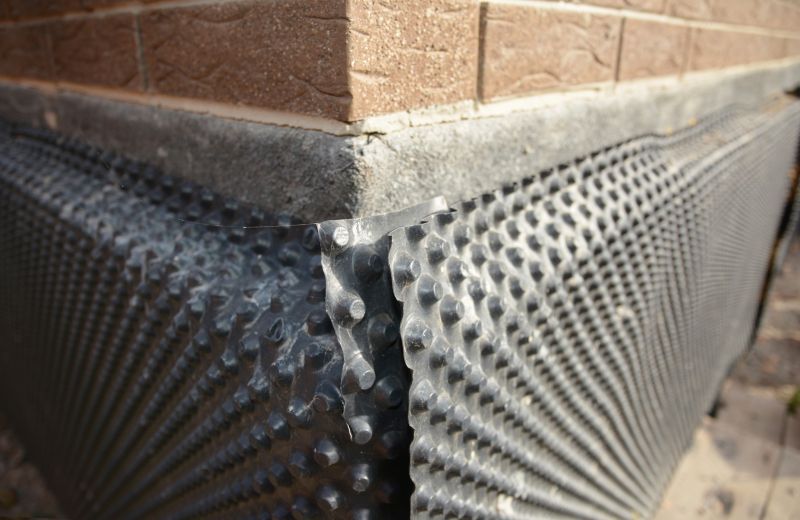
Spring is an ideal season for waterproofing projects due to moderate weather conditions.
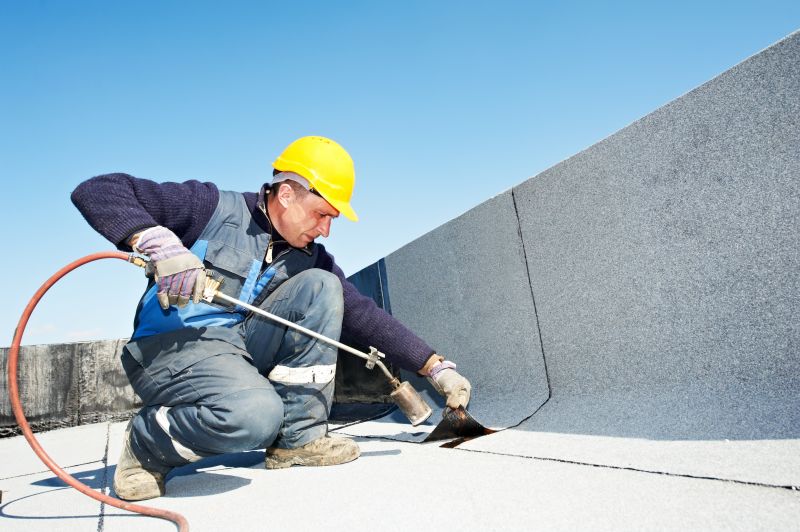
Summer requires attention to temperature and weather forecasts to ensure successful waterproofing.
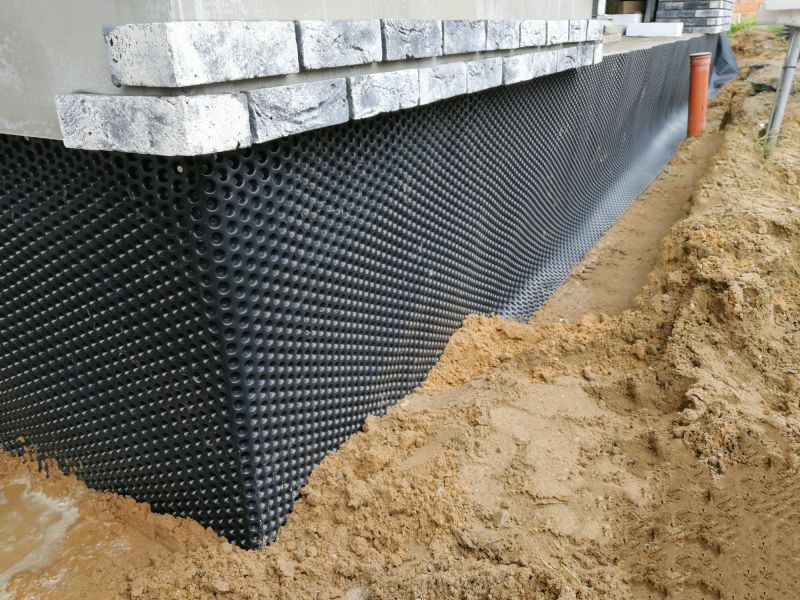
Fall provides a window of suitable weather for waterproofing before winter arrives.
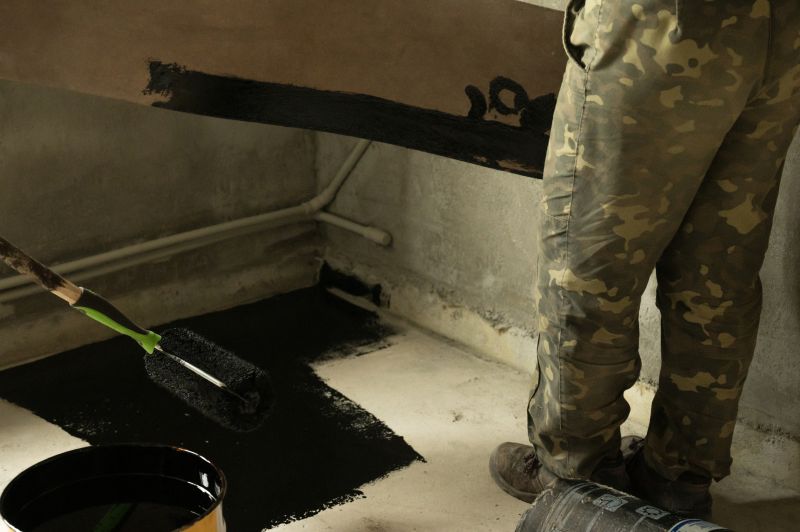
Ways to make Waterproofings work in tight or awkward layouts.
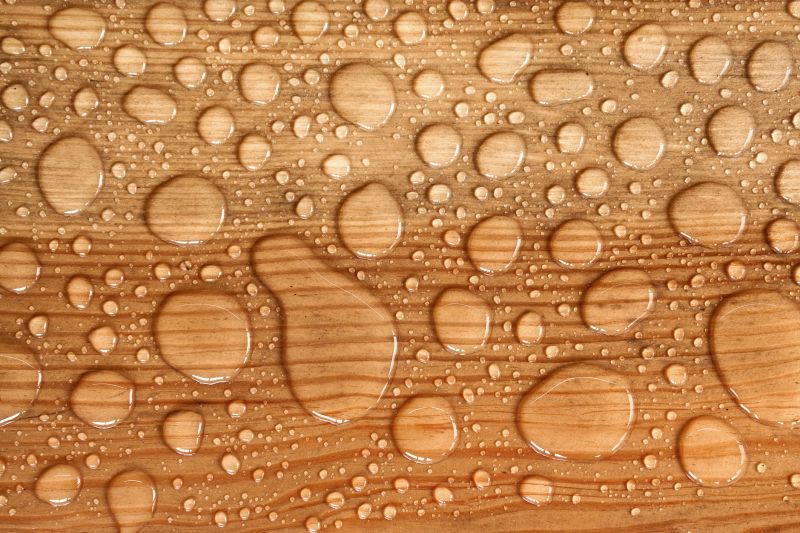
Popular materials for Waterproofings and why they hold up over time.
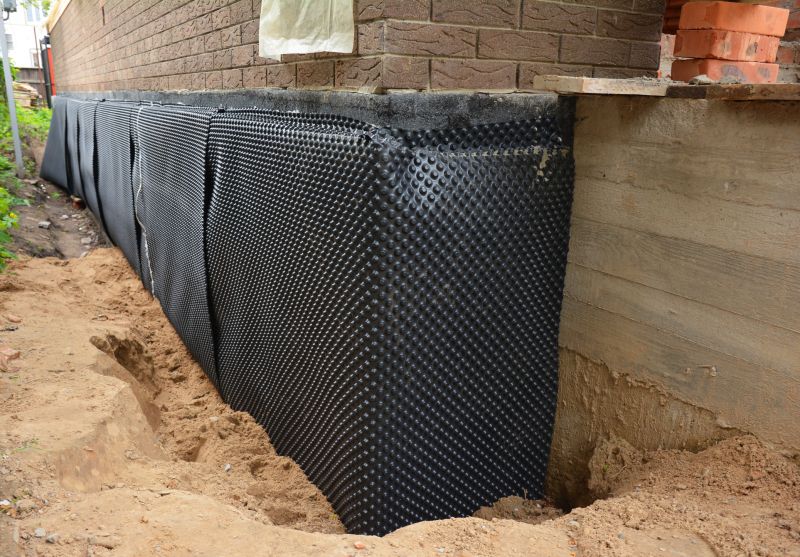
Simple add-ons that improve Waterproofings without blowing the budget.
| Season | Optimal Conditions |
|---|---|
| Spring | Dry, mild temperatures, low humidity |
| Summer | Warm temperatures, dry periods, avoid high heat |
| Fall | Cool, dry weather, minimal rain |
| Winter | Not recommended due to freezing temperatures |
Waterproofings are essential for protecting structures from water intrusion, which can lead to structural damage, mold growth, and reduced lifespan of building components. Advances in waterproofing materials have improved their effectiveness, making proper timing even more critical to maximize their performance. Properly timed waterproofing can prevent costly repairs and maintain the integrity of both residential and commercial buildings.
Statistics show that waterproofing projects completed during optimal weather conditions have a higher success rate and longer-lasting results. For example, projects done in spring and fall tend to have fewer issues related to adhesion and curing. Additionally, avoiding waterproofing during freezing temperatures prevents material failure and ensures better sealing.
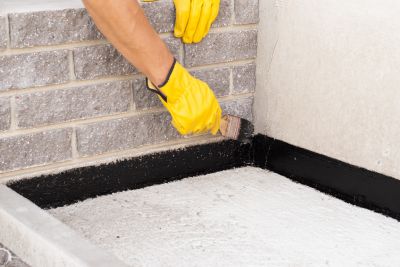
Sealants are most effective when applied during dry, mild weather.
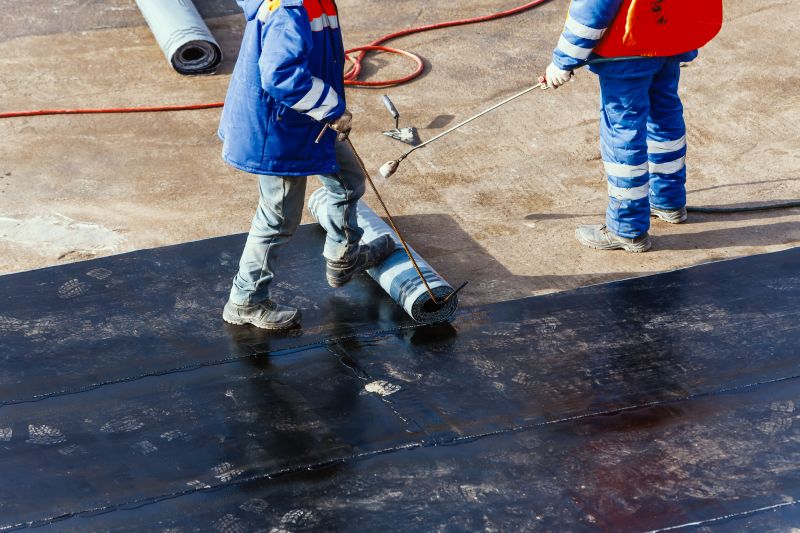
Membranes require proper temperature conditions for optimal adhesion.
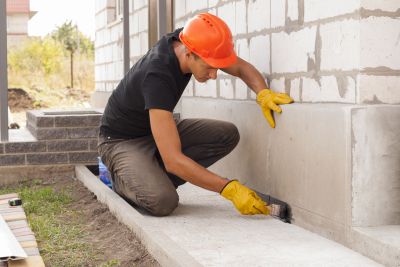
Inspection is best after the weather stabilizes post-application.
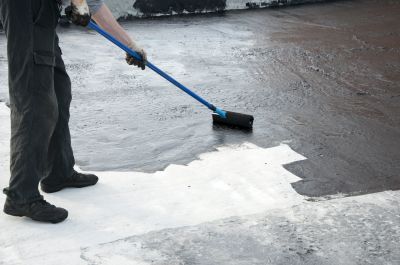
Surface prep is critical and should be done in suitable weather conditions.
For best results, it is recommended to schedule waterproofing projects during periods with stable weather forecasts. Proper planning ensures that materials cure correctly and that the waterproofing system performs as intended, providing long-term protection against water intrusion.
Interested parties should consider consulting with waterproofing professionals to determine the most suitable timing based on local climate patterns and specific project requirements. Filling out the contact form can facilitate planning and scheduling for effective waterproofing solutions.





